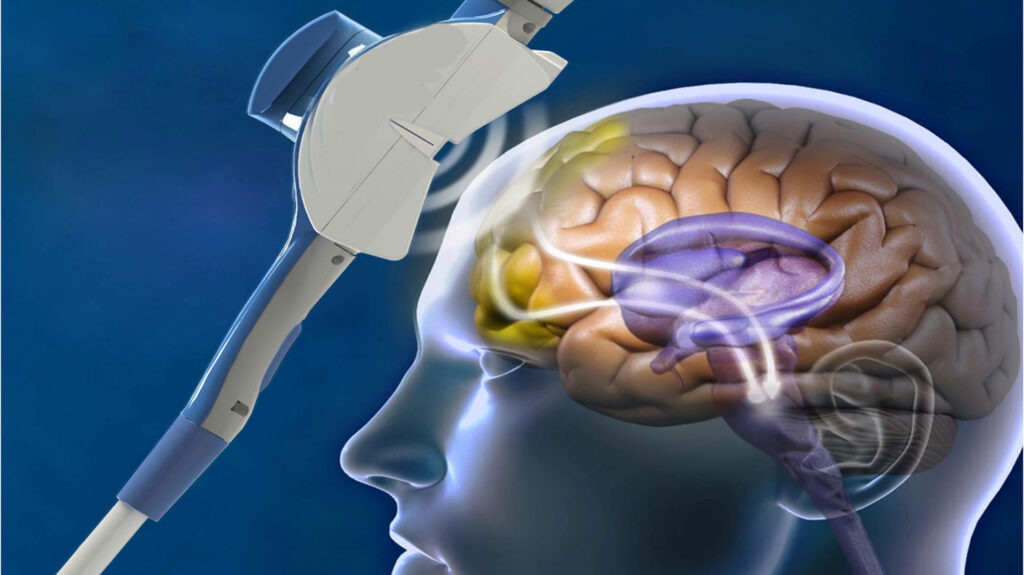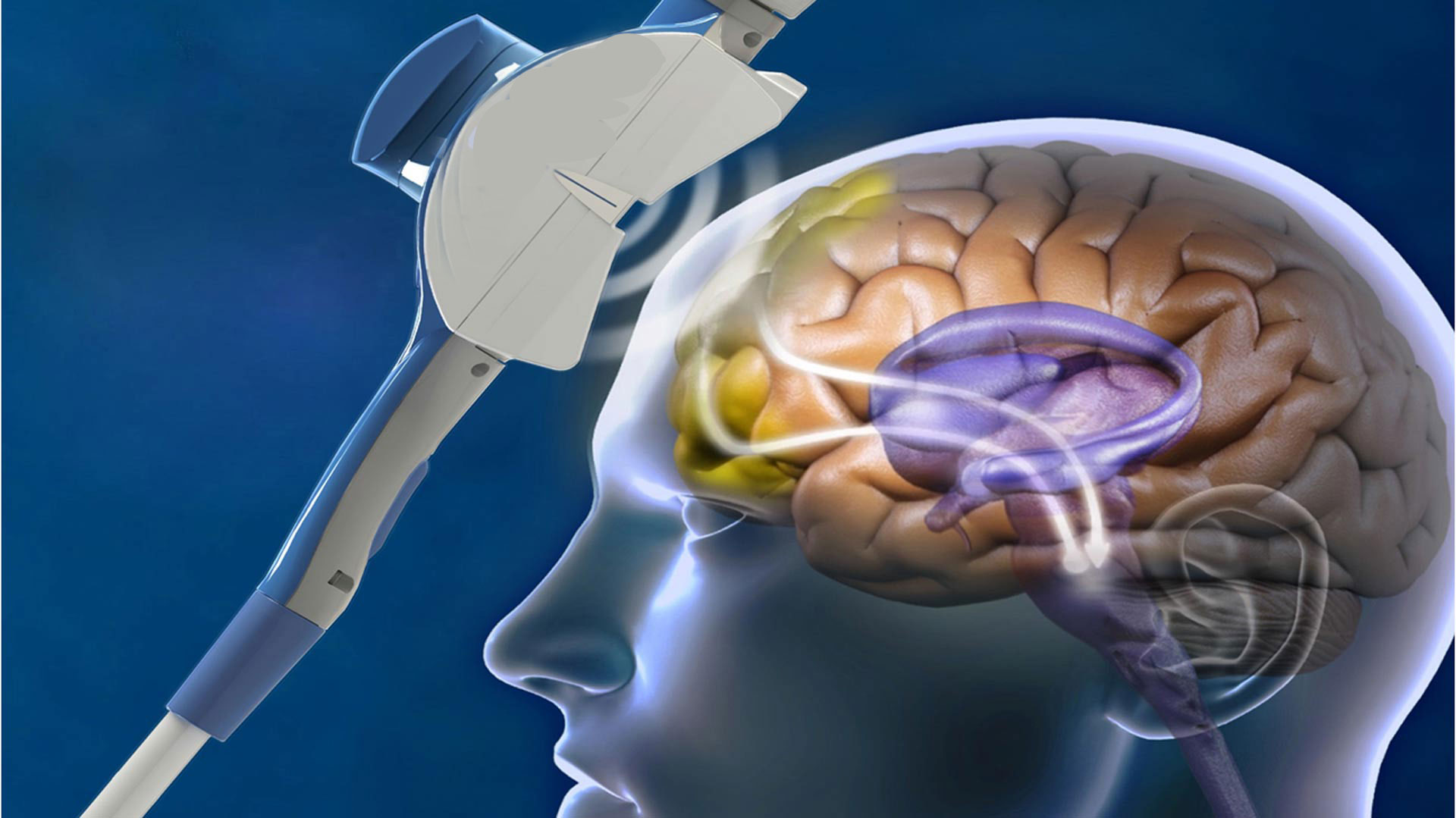
Depression is a serious health concern accompanied by feelings of severe despondency and dejection. The condition slowly engulfs a person, and it often goes undetected till it attains a particular stage. Despite more than 300 million people living with depression worldwide, there is still a significant stigma surrounding mental health, and many aspects of depression are still misunderstood. Depression manifests itself differently in every individual it affects; hence treating it can sometimes be challenging.
What is TMS
Transcranial Magnetic Stimulation (TMS) is a non-invasive depression treatment method that uses magnetic force to stimulate specific nerves in the brain.
How does TMS Work
TMS uses a series of magnetic pulses to stimulate the underactive nerves in people suffering depressive symptoms. TMS is administered to the brain’s left prefrontal cortex with mood regulation nerves. The magnetic pulses stimulate and awaken nerves in the brain, reducing depression symptoms and improving a patient’s quality of life.
History of TMS
Transcranial magnetic stimulation was first applied in a research setup to study depression in 1985. However, its invention dates back to the 20th century. The method has been adequately researched and proven to be an effective treatment for psychiatric disorders.
What does a TMS session entail?
The primary mechanism is placing a magnetic coil against the scalp near the forehead and delivering magnetic pulses. In the first TMS session, an assessment is done to determine the amount of therapy required and establish its starting point. The first session is commonly the longest as the patient’s pain tolerance, comfort level, and brain mapping are done. TMS appointments last between 20-40 minutes.
What has the expected TMS therapy cost?
The actual cost of TMS sessions is difficult to discern, as some insurance companies are still experimenting with the treatment. If your insurance can cover the treatment, patients can expect to part with $400 to $500 per session. TMS is an essential treatment for patients who do not respond well to psychotherapy and antidepressants.
The success rate of TMS therapy
TMS for depression
TMS therapy has a 30% success rate, slightly lower than the common depressants treatment, which often records a 50% success rate. To ensure the TMS therapy is useful, it is accompanied by regular maintenance via traditional depression medication. The consistency of treatment is a significant determinant to the success rate of TMS therapy.
TMS for anxiety disorders
The application of low-frequency TMS has proven to treat anxiety and disorders such as PTSD and OCD effectively.
In obsessive-compulsive disorder (OCD), medication and TMS therapy are efficient in treatment. Various research on TMS effectiveness in post-traumatic disorder has shown positive results in patients suffering this condition.
Is TMS worth the trouble?
Although it does not work as a miraculous cure for all the symptoms of depression, the TMS is undoubtedly worth it for people who have not responded well to the standard depression treatments. TMS is also useful in patients who are not comfortable using talk therapy because it sometimes involves recalling bad memories of the past. TMS can also help patients who suffer side effects of standard antidepressant drugs or medication that worsen their symptoms of depression.
Side effects of TMS
Just like many treatment methods, the TMS is not free from mild side effects. Loss of memory is one of the effects, but it should not cause alarm as it fades away after a few days. You may experience tingling on the forehead or mild headaches after a therapy session that could last an hour or two. These mild headaches disappear after some weeks but in case, make sure you consult your doctor. While TMS might not be effective in every patient, it has still proven to be an effective therapy in treating mental disorders. If further researched, TMS will be an alternative method in the treatment of depression. Sign up for Depression Program today to have your therapy questions answered and learn more about the best way you can manage your depressive symptoms.
